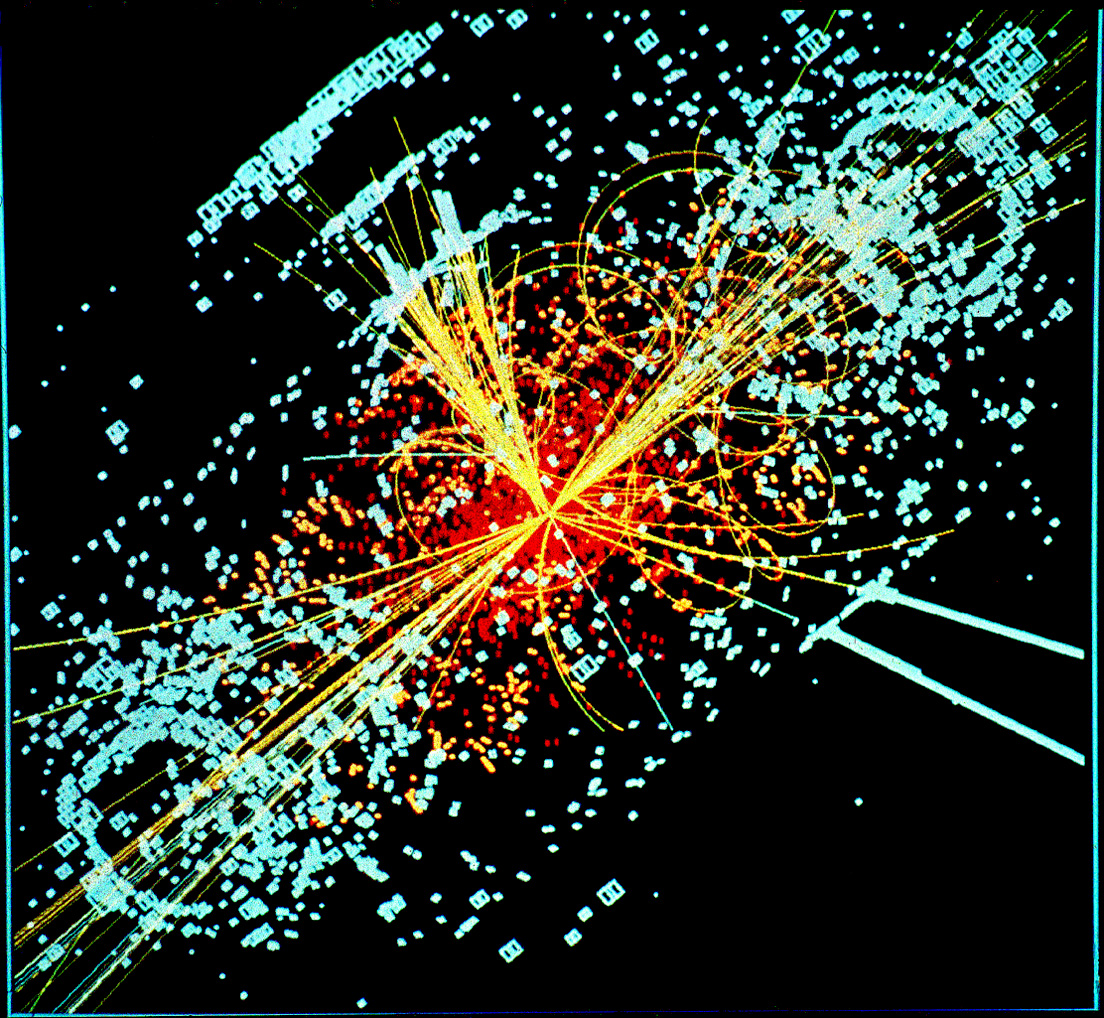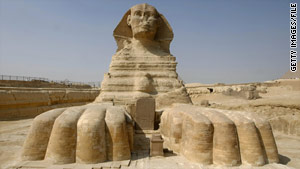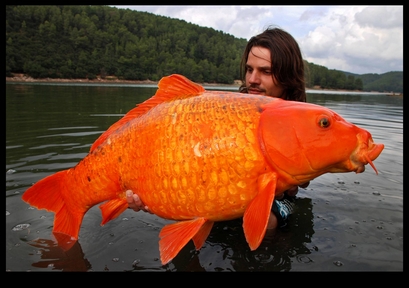The failed states index ranks states based on their inability to function as states (according to the indicators in the end of this post).This less than flattering list contains many of the usual suspects, states that you hear about in the news often in reference to corruption, (civil) war and lack of democracy. The bottom 20 contains: 12 African states, 4 in Western Asia and the Middle East, 3 in Eastern Asia and 1 in the Carribean. This gives yet another indication on the troubles on the African continent, and how much work still needs to be done to reduce poverty, increase democracy and reduce corruption.
Social indicators
1. Demographic pressures: including the pressures deriving from high population density relative to food supply and other life-sustaining resources.
2. Massive movement of refugees and internally displaced peoples
3. Legacy of vengeance-seeking group grievance
4. Chronic and sustained human flight: both the "brain drain" of professionals, intellectuals and political dissidents and voluntary emigration of "the middle class".
Economic indicators
5. Uneven economic development between groups: measured by group-based poverty, unemployment, infant mortality, education levels.
6. Sharp and/or severe economic decline
Political indicators
7. Criminalization and/or delegitimisation of the state: corruption or profiteering by ruling elites and resistance to transparency, accountability and political representation.
8. Progressive deterioration of public services: a disappearance of basic state functions (such as health, education, sanitation, public transportation) that serve the people, including failure to protect citizens from terrorism and violence.
9. Widespread violation of human rights
10. Security apparatus as ‘state within a state’: emergence of elite guards that operate with impunity. Emergence of state-sponsored or state-supported private militias that terrorize political opponents, suspected "enemies," or civilians sympathetic to the opposition.
11. Rise of factionalised elites: a fragmentation of ruling elites and state institutions along group lines.
12. Intervention of other states or external factors: military or Para-military engagement in the internal affairs of the state at risk by outside armies, states, or entities that affect the internal balance.
[Failed State] [Democracy] [Corruption] Share on Facebook



















